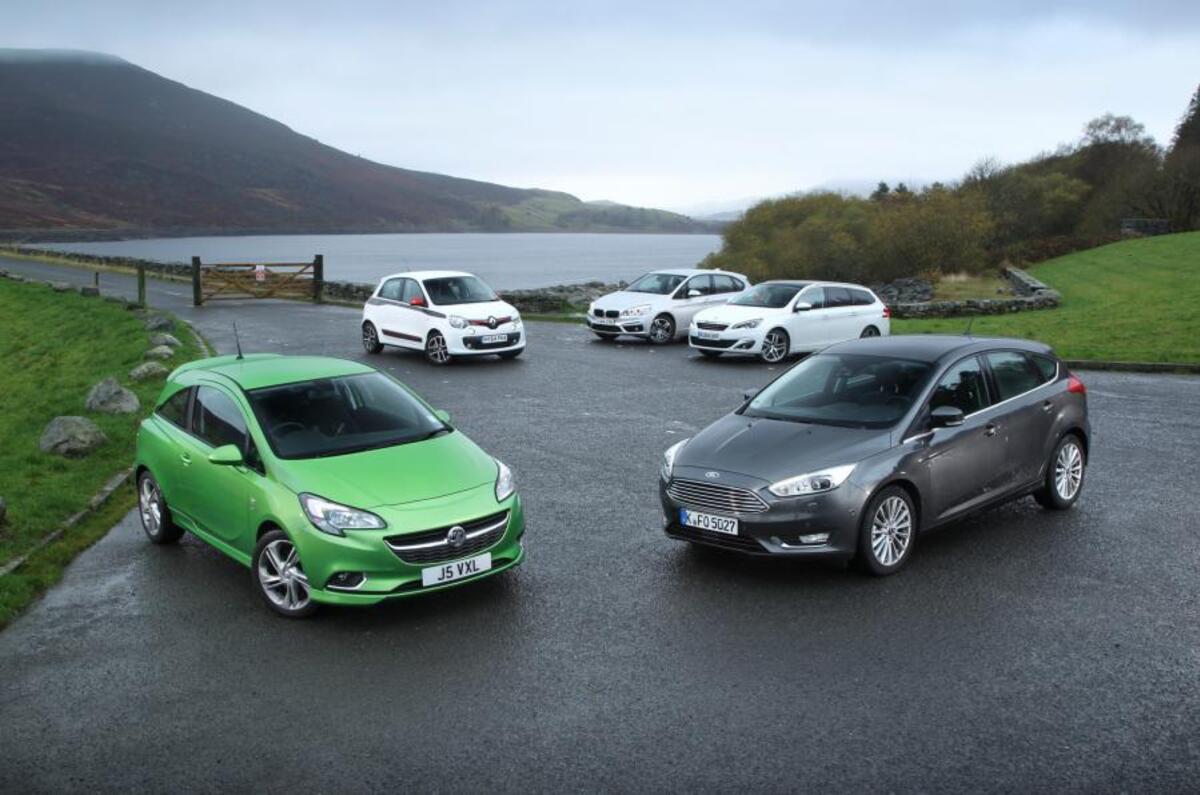Car makers such as Volkswagen, Renault and Vauxhall will slow the development of downsized engines and bring back larger capacity units following the introduction of new emissions tests, according to reports on Reuters.
Reuters says that the implementation of new real-world testing procedures has exposed flaws in downsized engines, which were predominantly developed to achieve low emission ratings in older laboratory tests.
New real-world data has shown that downsized units can sometimes perform worse than larger ones for CO2 and NOx output, largely because of the heat generated by their turbos, which they depend on more to develop power.
While lab tests were unable to reveal these downfalls, new real-world testing, which will come into force by 2019, shows it more clearly.
Common issues in smaller units include overheating that requires over fuelling to keep engine temperatures cool. This, in turn, results in more unburned hydrocarbons, particulates and carbon monoxide.
Pavan Potluri, an analyst at forecasting company IHS Automotive, told Reuters: "[Downsized engines] might be doing okay in the current European test cycle, but in the real world, they are not performing. So there's actually a bit of 'upsizing' going on, particularly in diesel."
According to Reuters, several car makers have already started to work this ‘upsizing’ philosophy into production models.
General Motors is said to be ditching its 1.2-litre diesel engine, which features in models such as the Vauxhall Corsa, when new 2019 architecture is launched, with the smallest diesel engine in the future range likely to be around 1.5 litres in capacity.
Volkswagen is replacing 1.4-litre three-cylinder diesel engines with four-cylinder 1.6-litre motors in smaller models, and Renault is also making a U-turn by introducing a 10% larger unit in place of its R9M 1.6-litre diesel, which itself was a downsized unit that filled the space left by a discontinued 1.9-litre diesel.
This comes at a time when companies like Porsche have employed downsizing in their models. The new 718 Cayman and 718 Boxter models have been the subject of much discussion following their use of turbocharged four-cylinders in place of the old cars' flat-six motors.
In the future, downsizing might come in the form of increased hybridisation, rather than the shedding of cubic centimetres. Sudeep Kaippalli, Frost & Sullivan analyst, told Reuters "Downsizing will mean you take a smaller engine and add an electric motor to it."





Join the debate
Add your comment
NOx
Swings and roundabouts...
Small engines
Now what about more interest in shutting down half of the cylinders when they are not needed - a big engine then becomes similar to a smaller engine when the capacity is not needed.
FFS - make your minds up, car
It's not the car manufacturers' fault